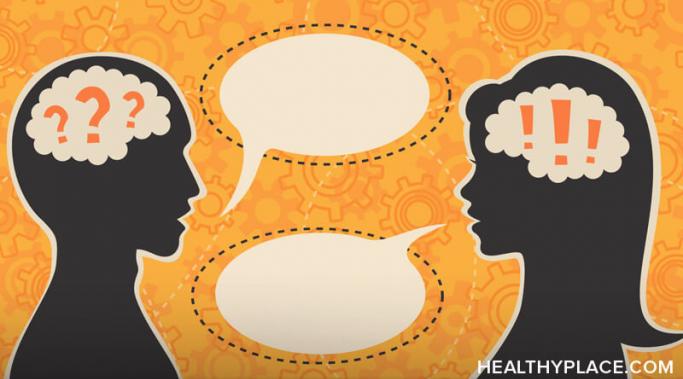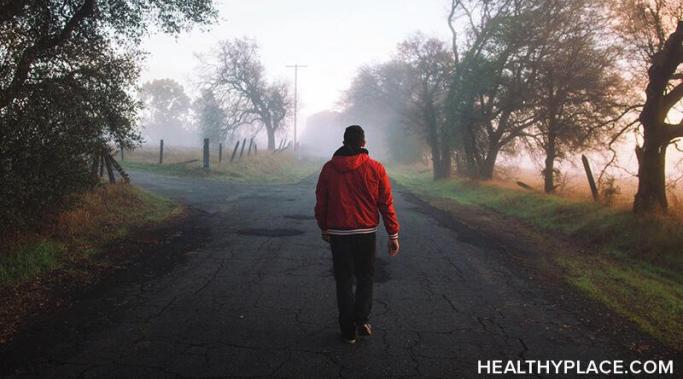For most of my childhood, I used reading to cope with trauma. This might not sound like a bad thing, and it wasn't entirely, but it came with a couple of big problems. Coping mechanisms develop as a way for us to protect ourselves, to survive despite threats to our wellbeing or identity. However, these coping mechanisms can get in the way of real connection.
Recovering from Mental Illness
If you're finding yourself needing more rest -- taking more naps or going to bed earlier than you used to ever since you started your journey toward recovery -- don't worry. It's normal. The truth is, most people need more rest in recovery because emotional work is hard work, and it tires us out.
Recently, my therapist suggested that I look into how to use emotional freedom technique (EFT) tapping in recovery to see if it was something I might be interested in trying. Now, it's one of my favorite coping techniques and I think it's going to make a big difference in my trauma work. If you haven't heard of EFT tapping, it involves tapping on specific points while speaking phrases of acceptance.
Rapid weight change due to mental illness is challenging enough without dealing with people's reactions. I've experienced rapid weight loss and gain on three separate occasions. The most dramatic weight change I survived was a 30-pound loss that left me looking like a skeleton with dark circles under my eyes. The only thing more shocking was people telling me how great I looked.
Medical trauma is an underrepresented form of trauma that happens all too often to people with mental illness. For example, when I was 19, I sought treatment for what I then thought was bipolar disorder, and the reactions I got from doctors left a psychological wound that still affects me today.
I recently experienced rapid weight loss from anxiety, and it felt like a vicious cycle that would never end. My anxiety worsened with every meal I missed, and every pound I lost. It was completely overwhelming and scary, but I got through it. Read on to learn how I was able to stop the cycle of rapid weight loss and return to a healthy weight.
A few nights ago, I used a crisis text line for the first time. I had no idea what to expect; I just knew I was in too dark of a place to really manage it on my own anymore. So I reached out, and I'm really glad I did. (Note: This post has a trigger warning.)
Healing from mental illness isn't linear. Most of us have had to recover from a mental illness relapse at one point or another. Triggers show up whether we invite them in or not: medications stop working, we lose loved ones, a pandemic hits. We aren't guaranteed unending remission. There's no one-size-fits-all path back to sanity, but there are ways to make healing from a mental illness relapse a little easier.
Having undiagnosed mental health issues is really hard; I'm not going to lie. For so many years, I have craved having a distinct, definitive mental health diagnosis, but it just never seems to happen. I've had several diagnoses over the years, but none of them have ever really felt right. Sometimes I wonder if I'm the problem, if nothing will ever feel right for me.
According to the National Action Alliance for Suicide Prevention, the suicide death rate in the first week after patients leave inpatient psychiatric care is 300 times higher than the general population. This doesn't mean that hospitalization isn't effective; it means that hospitalization is not meant to be the sole treatment for mental illness. I wish mental hospitals were like car washes, and we all magically emerge sparkling sane upon reentry to the world, but my hardest days have always been the first few days after discharge.









